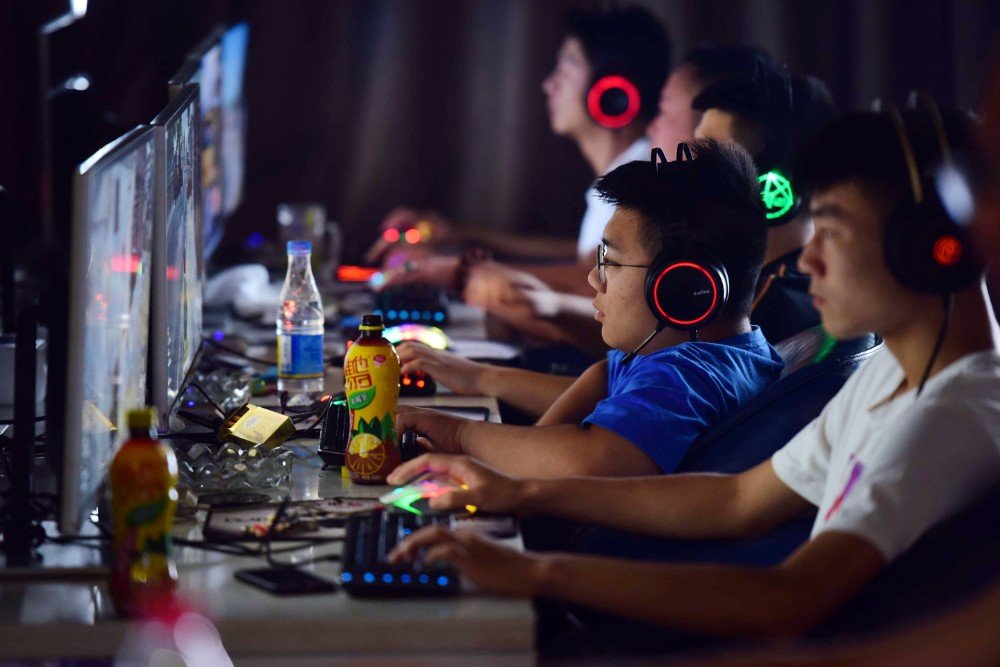
The Chinese government has announced plans to impose a curfew on under-18 gamers to restrict the hours they can spend gaming.
The Chinese gaming curfew will ban minors from playing online games between 10pm and 8am, while also restricting them to just 90 minutes of game time on weekdays and three hours on weekends and school or national holidays.
This curfew is part of a wider set of regulations, including rules for LAN cafés and PC gaming centers, that are aimed at reducing rates of video game addiction in the country, which is impacting young peoples’ health according to officials.
Announcements of the intended curfew were made in the country on Tuesday, alongside limits to curb spending on online games like MMOs and free-to-play shooters such as Crossfire, the popular Counter-Strike-like multiplayer game which dominates online gaming culture in the country (a Western version of the game called CrossfireX was even announced at this year’s E3).
With the new spending limits, under-16 gamers can only spend up to 200 yuan ($29) a month on their gaming accounts, while those between 16 and 18 years old can spend twice that.
This will come as a huge blow to the gaming economy in the country, which represents the second largest market in the world for games just behind the US market – which only overtook China this year thanks to previous regulations the government brought in to reduce gaming time. Other attempts to curb youth gaming time have involved state-mandated timers on individual accounts in LAN cafés, which are still a popular way to play games in the country’s culture. However, this culture also makes esports success stories a real prospect with greater infrastructure than the West, including specifically established schools for training new professional gamers.
Last year, China also halted approvals on new game releases for nine months, further reducing the number of games available for players to spend money and time on.
The government’s stance on gaming’s effect on youth health comes from concerns about everything from child obesity to increasing rates of near-sightedness in children, leading them to establish a gaming regulator in 2018.
In response, last year Tencent, one of the largest companies in China and the world’s biggest gaming company, voluntarily reduced playing time for under-12 gamers to one hour per day and two hours for 12-to-18-year-olds playing games they publish, which includes League of Legends. This also involved implementing age verification systems where gamers are required to prove their identity using state records. In July of this year, Tencent along with 10 of the largest games companies in the country proposed an industry-wide implementation of their age-gating system.
These latest regulations announced on Tuesday will mandate similar restrictions across the entire industry, and the government will work with law enforcement agencies to create a unified identification system so all gaming platforms cleared to operate in the country will be able to verify gamers’ ages using state-held data, according to a spokesman interviewed by the state-run Xinhua news agency.
China’s approach to curbing the amount of time children spend gaming is a more hardline version of what we are currently seeing in the West, as the World Health Organization recently classified ‘gaming disorder’ as a mental health condition related to addiction, meriting study. Concurrent investigations by the UK government into the impact of loot box mechanics on spending habits and their close relation to gambling while still targeting children has led the Digital, Culture, Sport and Media committee to recommend the government seeks ways to regulate their implementation in games sold within the UK.
In both sides of the East-West divide, age verification has been a stumbling block in properly regulating the rapidly growing gaming industry, but it seems in the case of China’s gaming curfew the government possesses the means to make it happen.
 GameDaily.biz © 2025 | All Rights Reserved.
GameDaily.biz © 2025 | All Rights Reserved.